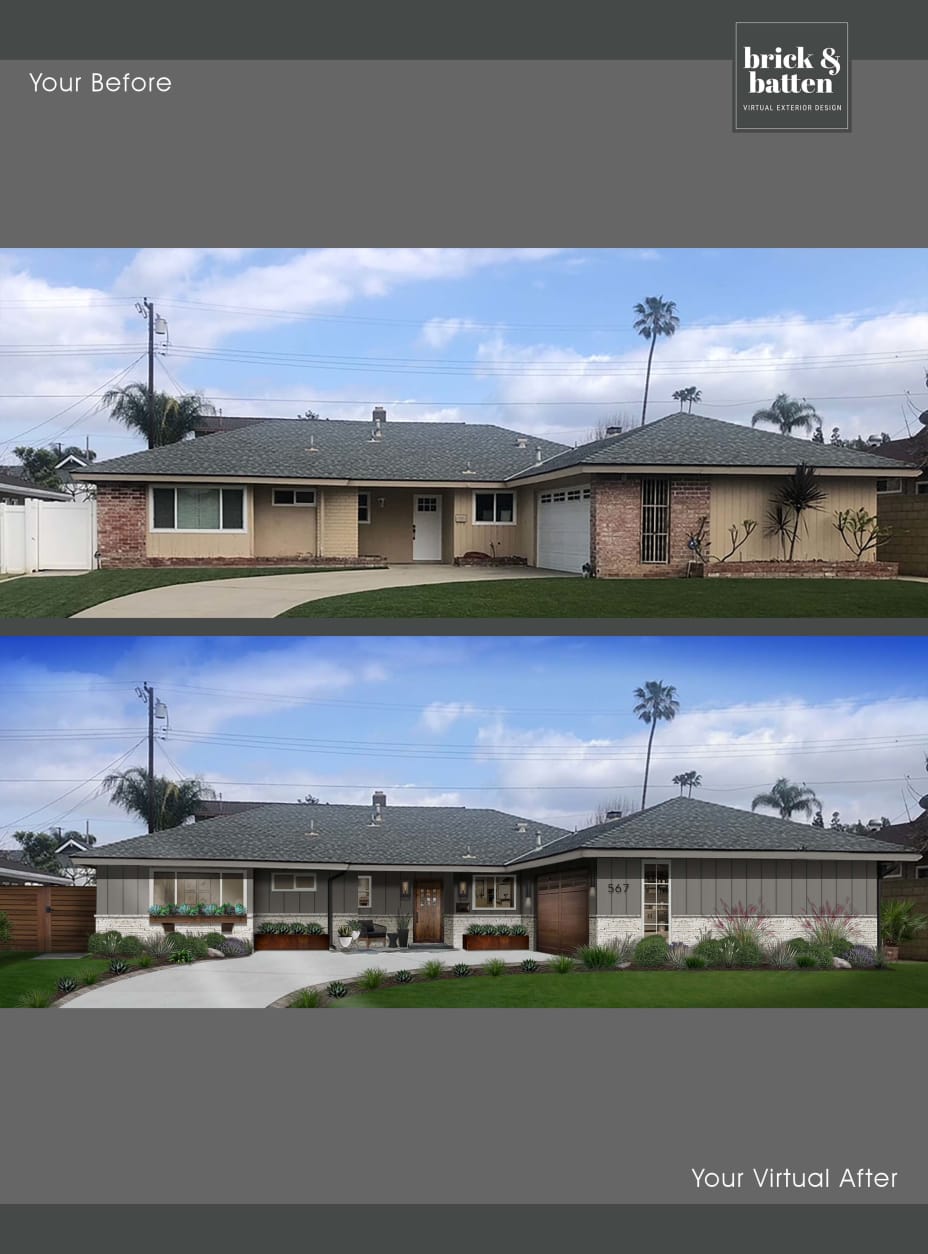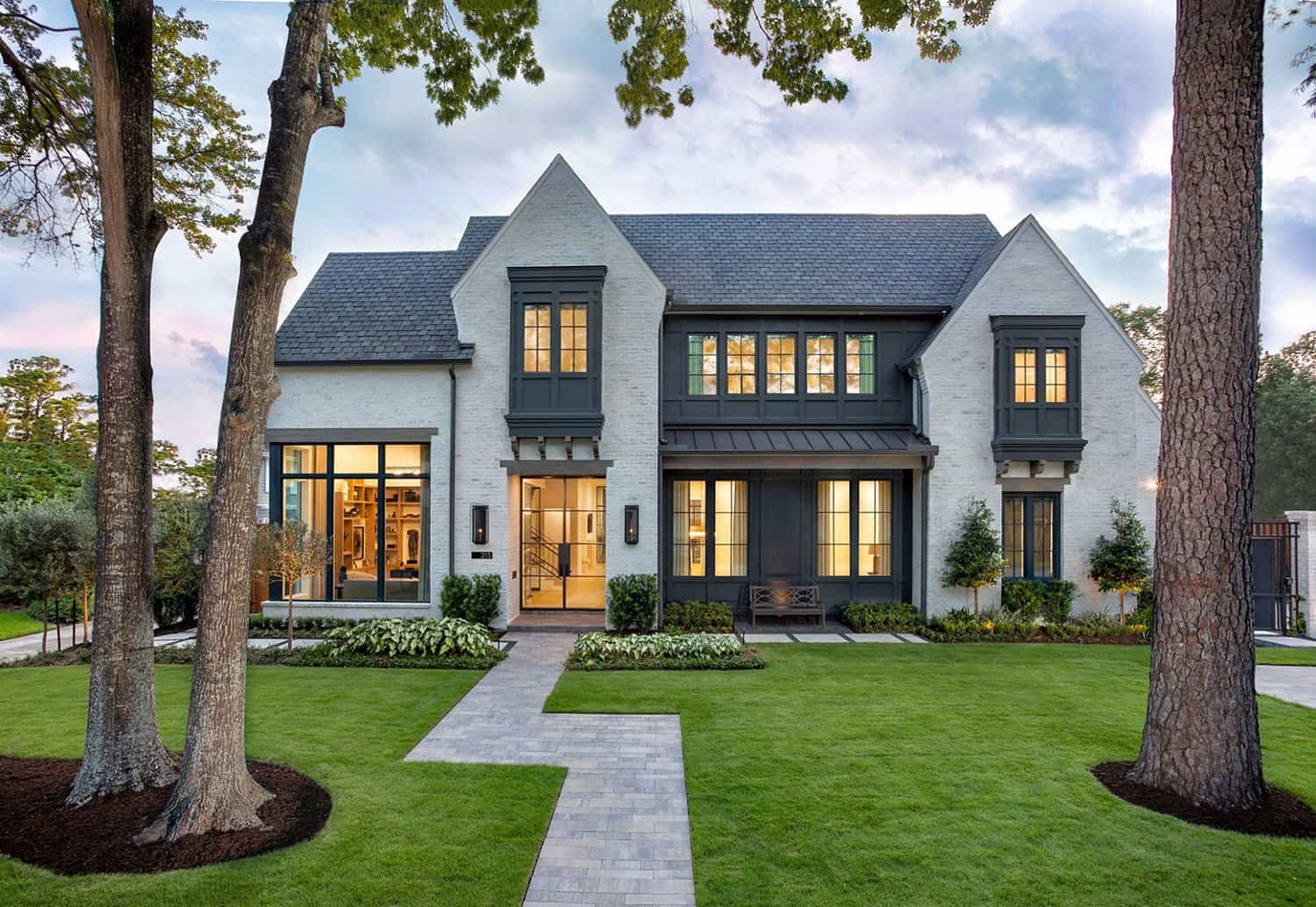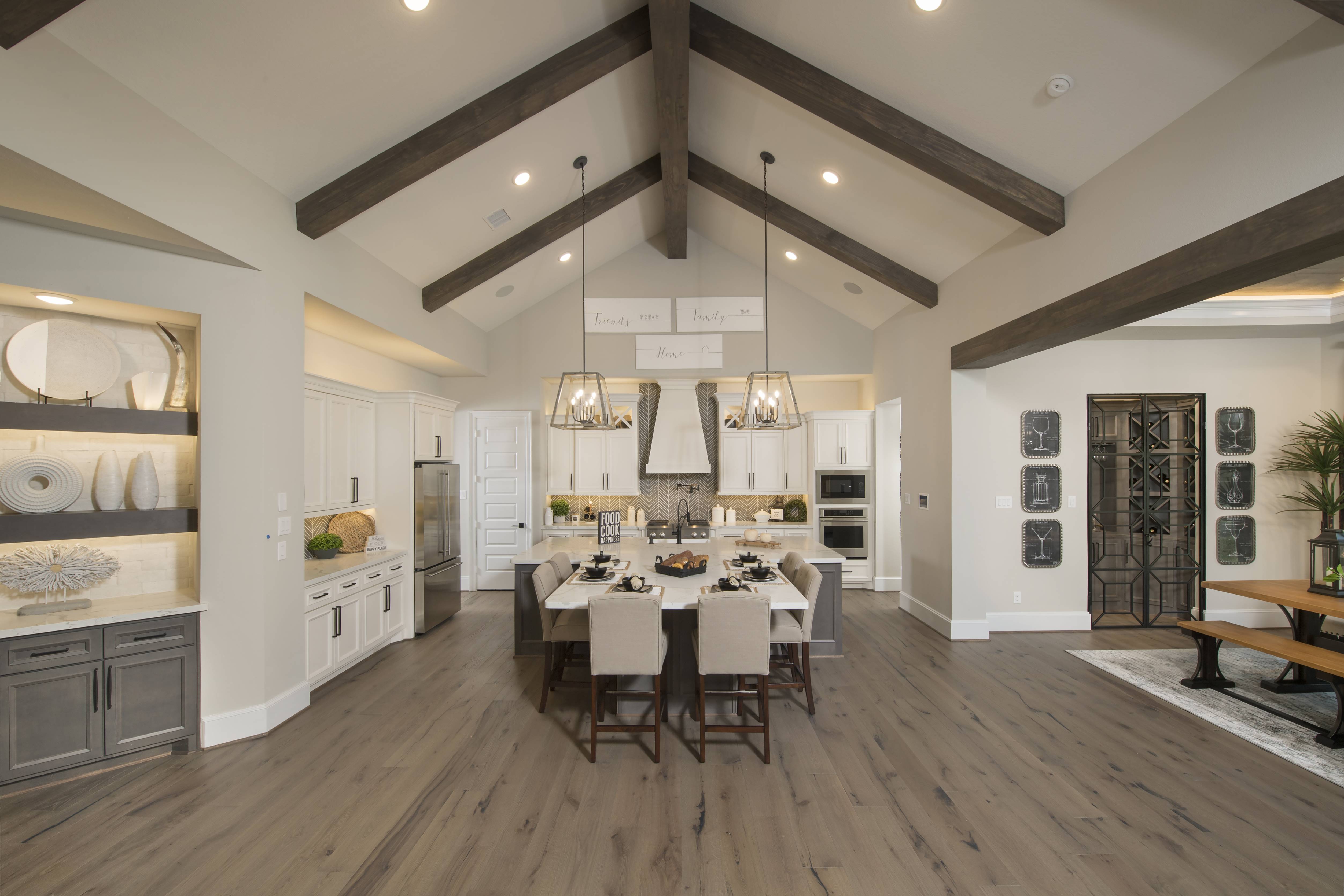
Hire a professional to paint your home if you have plans for a major renovation. A house painter can save you time and money. A house painter can do a better job than anyone else. They have the skills to complete a painting job and can keep your home tidy while they are doing it.
You might feel that it is unnecessary to spend time researching your options. After all, you're already busy. You need to make sure that you're doing it right. This will ensure that you end up with a good finish on your home.
Finding a skilled painter is not as simple as you think. You can find a lot of information online that will assist you. You can ask your friends and family to recommend companies. You might hire a company that isn't up to your expectations if you aren't careful.

In addition to searching for a painter, you can check out reviews of the various companies to see what other homeowners have to say about them. The Better Business Bureau is a good place to start your search. The BBB can provide impartial reviews of businesses to ensure that your money goes to a reliable company.
When it comes house painters the most economical choice is usually the best. Also, you can't expect to get a high-quality job for a low price. Companies that offer to do a job for no cost are also dangerous. While these might look appealing, they are unlikely offer the quality and service you need. A website and a list with references should be available to help you verify the information.
There are many artists to choose from. You may choose to hire someone cheaper if you're really in a hurry. While it might seem like you can save money, you'll likely end up paying more for a poor quality paint job.
To find the best painter for you, be open with your questions. If the cost of your job is higher than you thought, then be ready to pay a fair price. It is worth asking about the estimated cost, the time involved and what materials and tools are required.

It is possible to get an accurate estimate of total costs before the work begins. This can avoid unpleasant surprises later. A professional painter will give you a detailed overview of their process. This will include details like how long it will take, and the materials they will need. This step can help you narrow down your search, and you'll be surprised at how many times it is used.
FAQ
How much does it take to renovate a home?
Renovations are usually between $5,000 and $50,000. Renovations can cost homeowners anywhere from $10,000 to $20,000
Is there anything I can doto save money on my home renovation?
It is possible to save money by doing the work yourself. You could, for example, try to reduce the number of people involved in the renovation. You can also find ways to reduce costs for materials during the renovation.
What Does it Cost to Renovate Your House?
The type of material, the project size and the complexity of renovations will all impact the cost. Certain materials, such as wood, require special tools like drills and saws. Others like steel don't. The price of renovations depends on whether you hire a contractor to do the job or if you are willing to do the work yourself.
The average cost for home improvements projects is $1,000 to $10,000. The total cost for a home renovation project would be $5,000 to $25,000 if you hire professionals. The total cost of hiring professionals could be anywhere from $5,000 to $25,000. If you choose to complete the task yourself, it could run up to $100,000.
It is important to know that renovation costs can be affected by many factors. The cost of renovation depends on the material used (e.g. They include the type of material used (e.g., brick vs. concrete), the size and number of workers involved, as well as the length of each project. These factors must be taken into consideration when estimating the cost of renovation.
How do you make a house look new?
Here are some tips to help you renovate your home without spending too much money.
-
Create a budget plan
-
Find out what materials you need
-
Decide where to put them
-
Make a list.
-
Determine how much money you have
-
Plan your renovation project
-
Get started on your plans
-
Do some research online
-
Ask friends and family for help
-
Get creative
Statistics
- Rather, allot 10% to 15% for a contingency fund to pay for unexpected construction issues. (kiplinger.com)
- The average fixed rate for a home-equity loan was recently 5.27%, and the average variable rate for a HELOC was 5.49%, according to Bankrate.com. (kiplinger.com)
- It is advisable, however, to have a contingency of 10–20 per cent to allow for the unexpected expenses that can arise when renovating older homes. (realhomes.com)
- Design-builders may ask for a down payment of up to 25% or 33% of the job cost, says the NARI. (kiplinger.com)
- A final payment of, say, 5% to 10% will be due when the space is livable and usable (your contract probably will say "substantial completion"). (kiplinger.com)
External Links
How To
How to renovate an older house
It is important to first decide the type of renovation you wish to do. This could range from simple updates to your kitchen appliances, to completely changing the look of the entire house.
Once you've decided on the type of renovation that you want to do, it is time to consider how much money your budget allows you to spend. Sometimes, you might not have enough money to pay the full project cost. If this is the case, then you need to make some tough decisions about which areas of the house you can afford to improve and which ones you can't.
Before you start work on your renovations, there are a few things you should consider. The first thing to do is ensure you get the necessary permits. You might also need to check whether you need planning permission for certain types or work. If you are planning to make extensions to your house, you may need to apply to the building consent.
It is a good idea to verify with the local council before you begin work on your house. You should also check whether you require planning permission for any part of the house you plan to renovate. To make sure you have enough coverage, contact your insurance provider if you intend to perform any major works, such as installing new roofs.
Next, you will need to decide on the tools and materials that are best suited for your job. You have many options. It is important to carefully research all of them. Paint, wallpaper paste, carpets and tiles are some of the most commonly used items in renovations.
Make sure you look at the product's quality before purchasing these items. Good quality products will last longer and be more cost-effective. When purchasing any product, make sure you purchase the correct amount. Don't purchase too much as it can lead to waste of resources and the need for a lot of material. You should instead buy only what you really need.
After you've selected the right materials for your job, you should plan where to store them while working on the property. If you're renovating a large area of the house, then you might need to rent storage space in order to keep all your supplies safe until you're ready to put them back inside the house. You could also ask your family or friends for help moving the items.